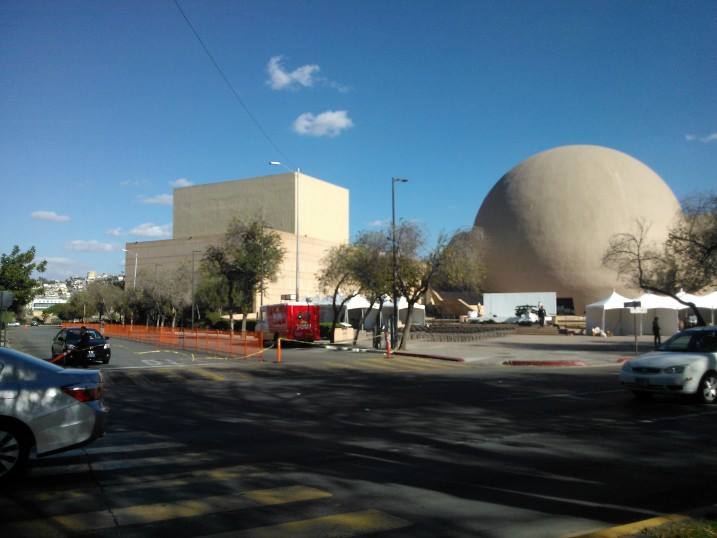For all the negative publicity that it has received in past decades, the Western border city has grown to be a notable leader in international trade and manufacturing — and the future looks even brighter. Robust Tijuana manufacturing and economic growth continue.
Tijuana Then
Initially primarily dependent upon tourism, Tijuana was a destination of choice for most many travelers. Being on the border with the US, it also gained notoriety as a smuggling hub, and for this reason, its name still carries some negative connotations with it. In the 1990s and especially after 9/11, Tijuana experienced a severe economic downturn, as tourism dropped and Tijuana manufacturing jobs decreased.
Tijuana Now
But that was then. Today, Tijuana has transformed into a center for international manufacturing, especially in the automotive, electronics, aerospace, and medical devices industries. Violence has declined steeply in the past several years, thanks in part to an aggressive public safety strategy. The city downplayed tourism as the primary industry and focused on manufacturing quality goods for both domestic consumption and export. There are now over 600 manufacturing maquiladoras in Tijuana. Tourism is also making a comeback, as well.
Part of the California-Baja California Mega-Region, known for its thriving industry and the robust Tijuana manufacturing base, the city is well established in terms of infrastructure and available industrial real estate. Labor is plentiful in the region, in both the skilled and unskilled workforce. Additionally, the region boasts one of the highest concentrations of English-speaking residents in the country.
2015 was an especially good year for Tijuana manufacturing and economic growth. The city is thriving with technical capacity and innovation. This has led dozens of foreign companies to announce new and expanded investment in the region in 2015. The surge in Tijuana manufacturing investment brought in well over $1 million USD and created many thousands of new positions.
The Tijuana Connection
The region is possibly most valuable to Mexico and North America as a whole as part of the San Diego-Tijuana connection. The two industrial cities are closely linked. Strengthening this connection will only grow the region even more. Tijuana essentially represents a gateway for the US consumer market to Latin America, a connection Bloomberg recently appraised at $230 billion USD. With a potential labor force of over 3 million people, the region is poised to respond favorably to further investments in infrastructure and education, as well as in Tijuana manufacturing.
After decades of establishing its identity, the region is finally experiencing the growth on an international scale. Tijuana is becoming not just a link to Latin America, but to the global marketplace.


